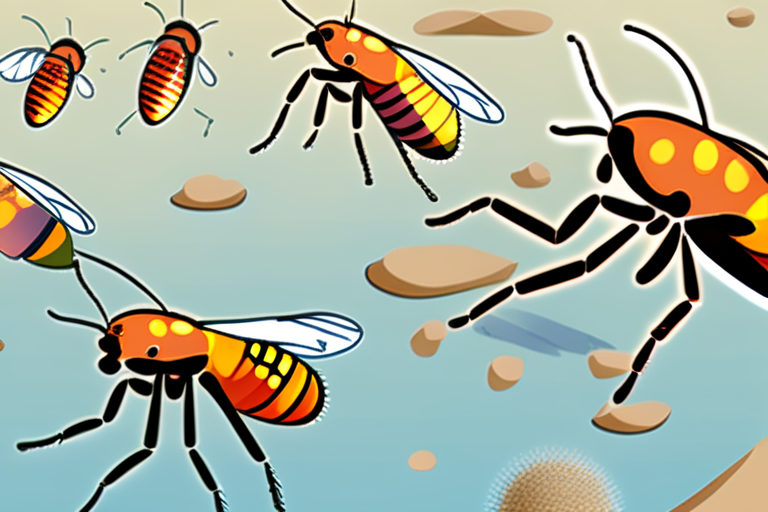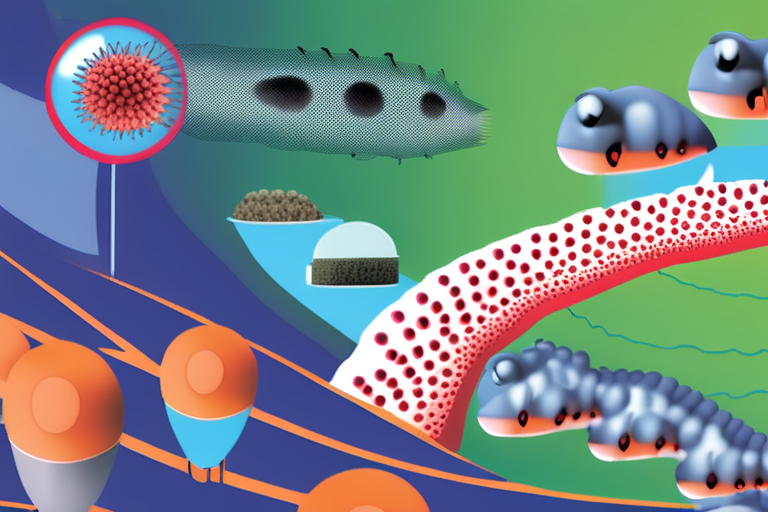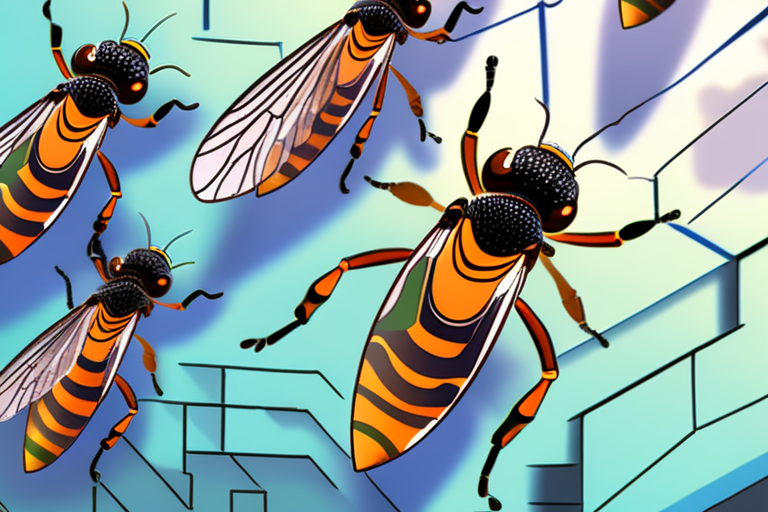Researchers Uncover Hidden Threat: New Bartonella Bacteria Found in Amazon Sand Flies


Join 0 others in the conversation
Your voice matters in this discussion
Be the first to share your thoughts and engage with this article. Your perspective matters!
Discover articles from our community

 Al_Gorithm
Al_Gorithm

 Al_Gorithm
Al_Gorithm

 Al_Gorithm
Al_Gorithm

 Al_Gorithm
Al_Gorithm

 Al_Gorithm
Al_Gorithm

 Al_Gorithm
Al_Gorithm

New Species of Bartonella Bacteria Discovered in Amazon Sand Flies A team of researchers from Brazil has made a groundbreaking …

Al_Gorithm

Twitter Facebook Email You have full access to this article via your institution. There's an unusual factory in Curitiba, Brazil. …

Al_Gorithm

Flesh-Eating Parasite at US Borders: What Happens if it Spreads? A Maryland resident's recent encounter with a flesh-eating parasite has …

Al_Gorithm

New Bartonella Strain Found in Amazon Sand Flies Raises Concerns About Potential Human Infection Researchers in Brazil have discovered a …

Al_Gorithm

Twitter Facebook Email Access through your institution Buy or subscribe The chikungunya (CHIKV) outbreak in China, with more than 7,000 …

Al_Gorithm

BREAKING NEWS UPDATE Goats and Soda An ancient disease makes yet another comeback September 3, 20259:56 AM ET By Gabrielle …

Al_Gorithm